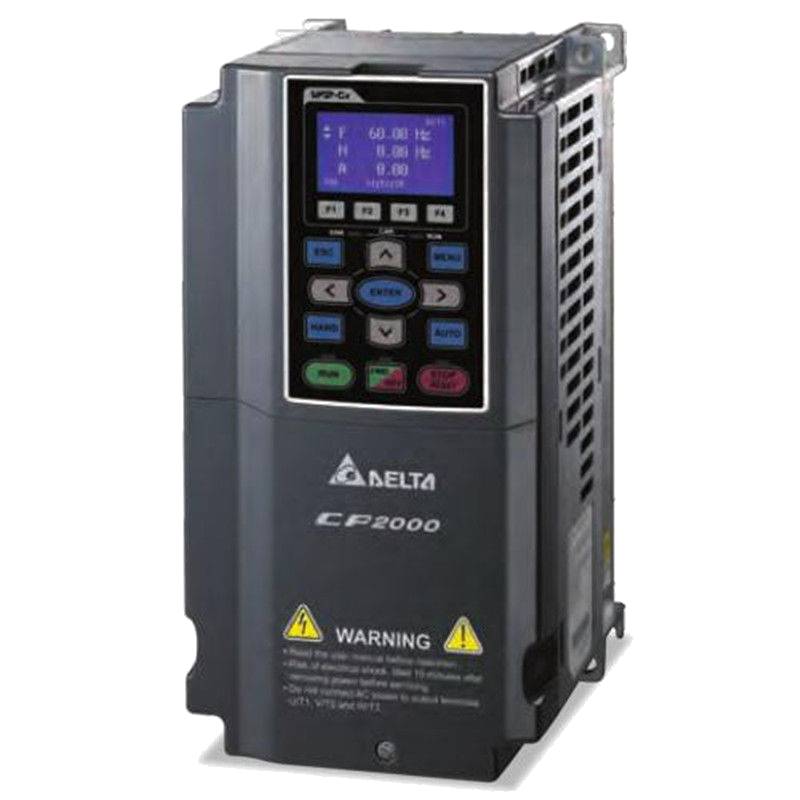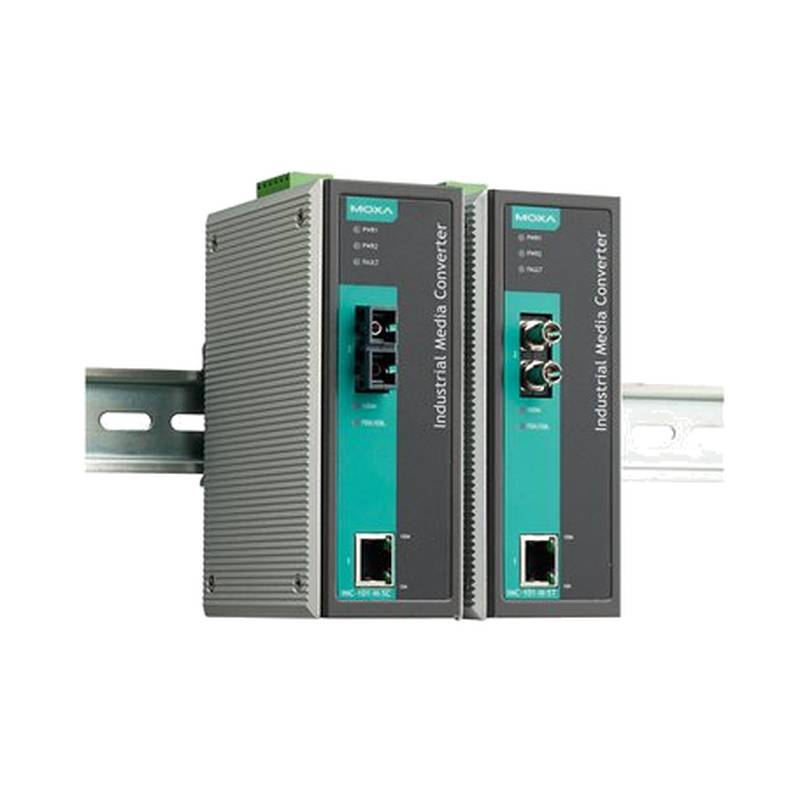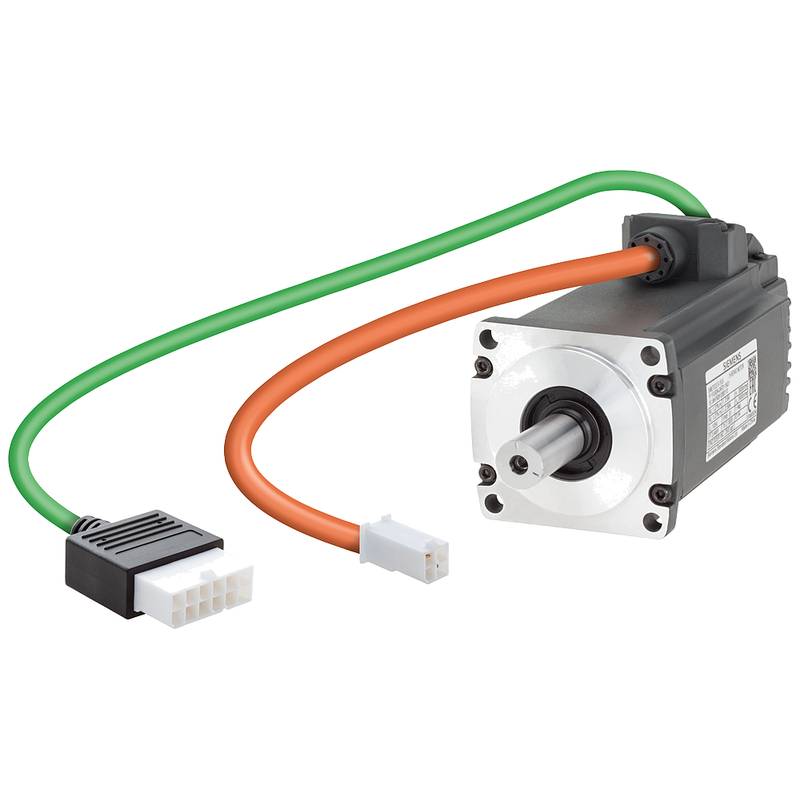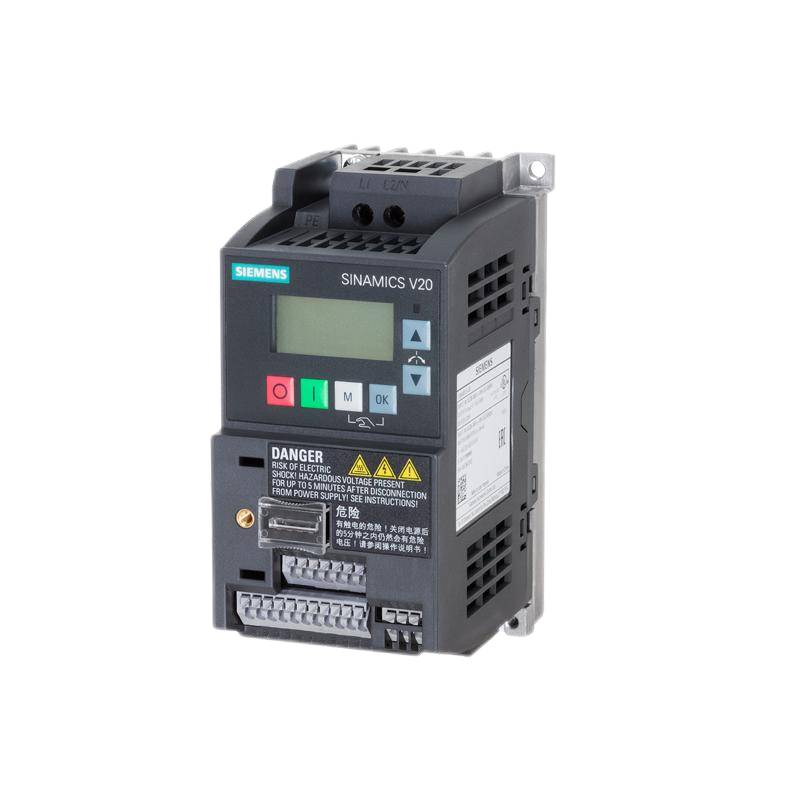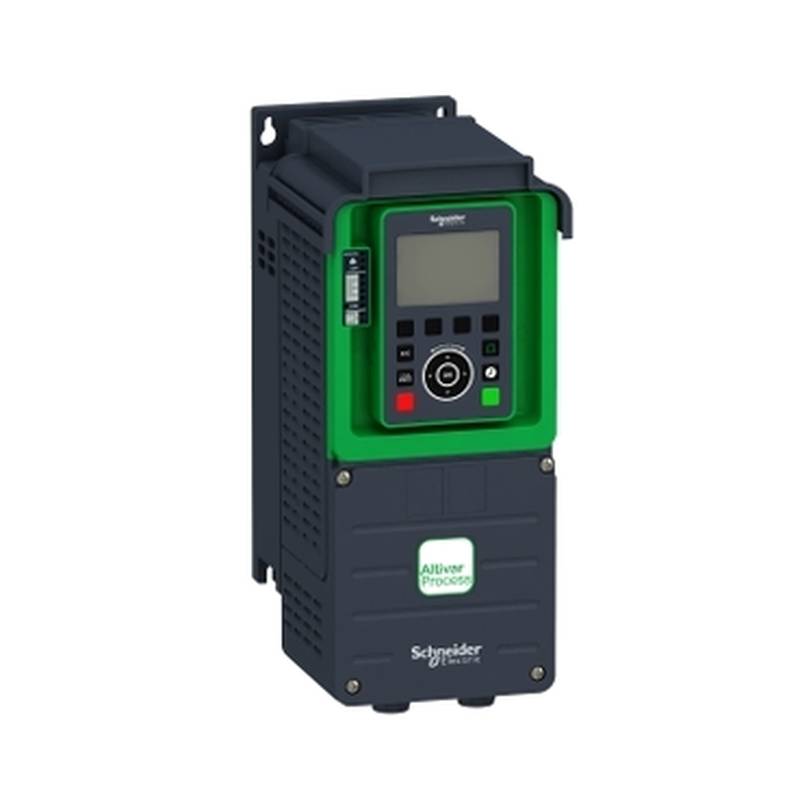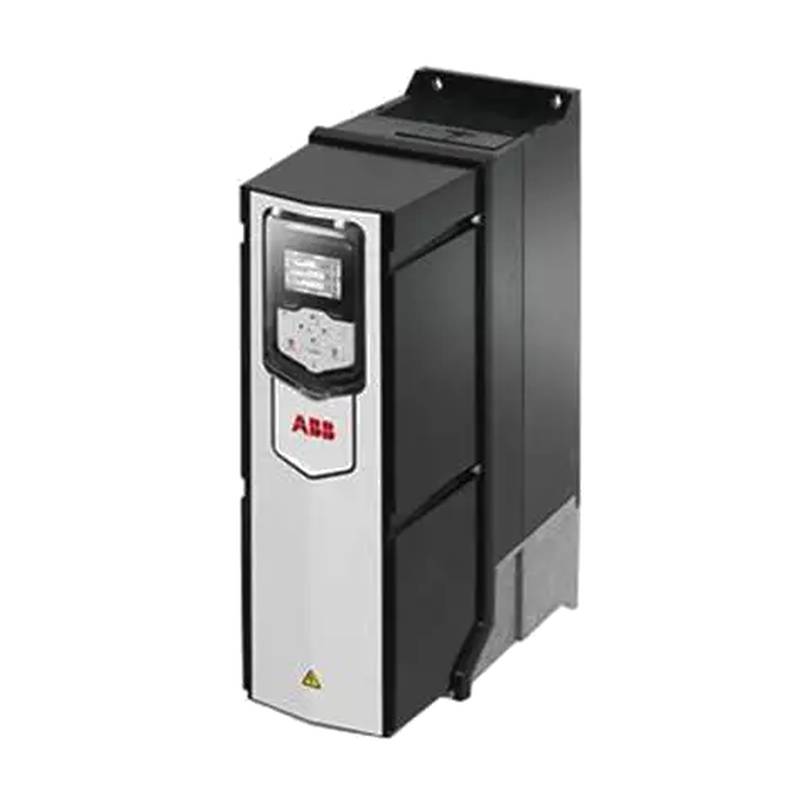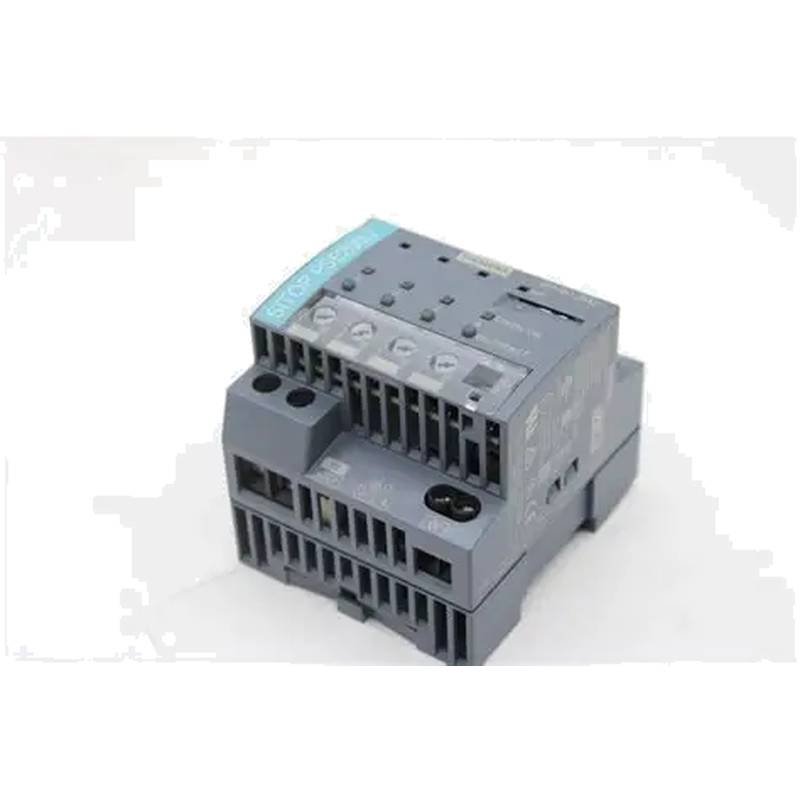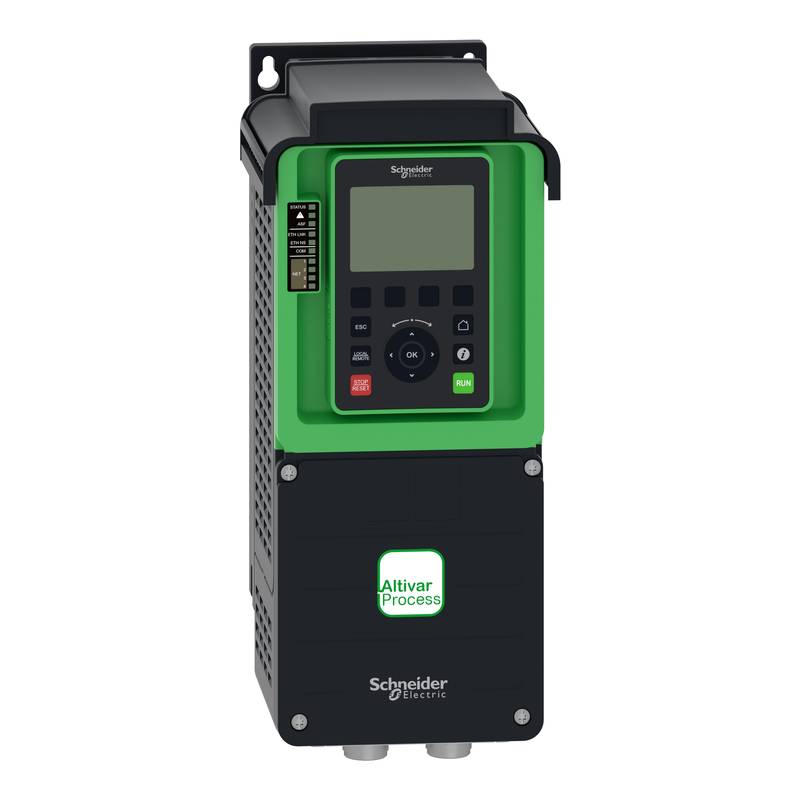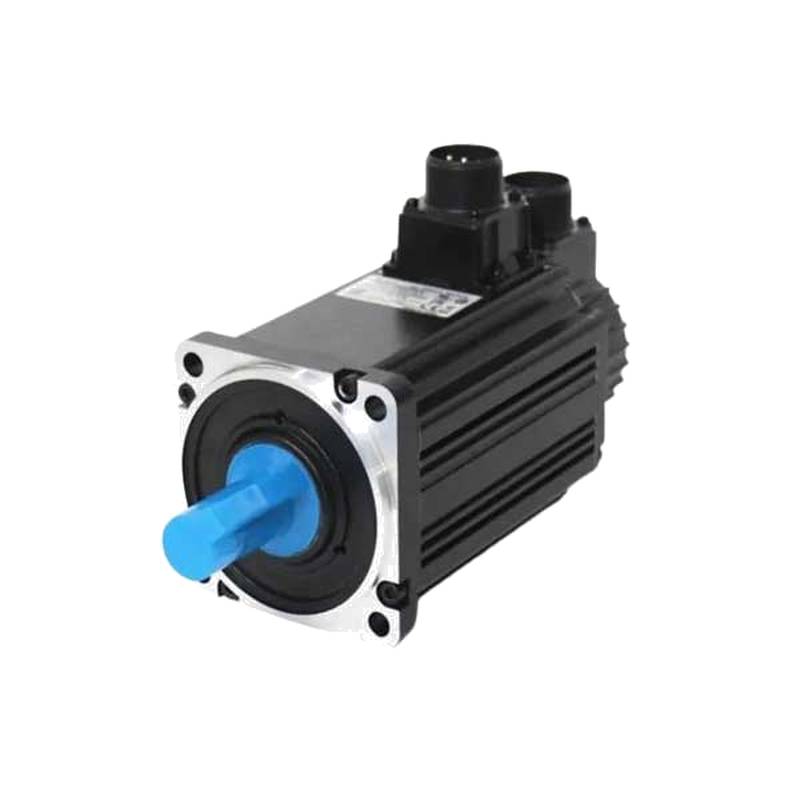
The Delta VFD750CP43B-21 CP2000 Advanced Frequency Converter is a robust and high-performance variable frequency drive engineered for demanding industrial applications, delivering precise motor control and significant energy savings. This 150A, 75kW unit boasts a maximum output current of 150A and a power rating of 75kW, making it suitable for a wide array of motor-driven systems. Its advanced features include a comprehensive suite of control modes, robust protection mechanisms, and flexible communication options, positioning it as a superior choice for industrial automation. The VFD750CP43B-21 is designed for efficiency, reliability, and ease of integration into complex machinery.
Product Specifications
| Parameter | Value |
| :---------------------- | :--------------------------------------- |
| Model | VFD750CP43B-21 |
| Series | CP2000 Advanced Frequency Converter |
| Maximum Output Current | 150A |
| Power Rating | 75kW |
| Input Voltage | 3-Phase, 380-480V AC |
| Output Voltage | 3-Phase, 380-480V AC |
| Control Method | Sensorless Vector Control, V/f Control |
| Overload Capacity | 120% for 60 seconds, 150% for 10 seconds |
| Operating Temperature | -10°C to 50°C |
| Protection Features | Overcurrent, Overvoltage, Undervoltage, Overtemperature, Phase Loss |
| Communication Options | Built-in RS-485, Optional communication cards |
Core Features & Market Positioning
The Delta VFD750CP43B-21 CP2000 stands out in the industrial automation market due to its sophisticated sensorless vector control, which ensures exceptional torque response and precise speed regulation, even under fluctuating loads. This advanced control algorithm minimizes reliance on motor encoders, simplifying system design and reducing costs. Its robust overload capability, allowing for 120% current for 60 seconds and 150% for 10 seconds, enables seamless handling of transient peak demands, a critical advantage in applications like cranes, extruders, and presses. The CP2000 series is further distinguished by its modular design and comprehensive diagnostic capabilities, facilitating rapid troubleshooting and minimizing downtime. Its competitive positioning is reinforced by Delta's reputation for reliable, energy-efficient drives that integrate seamlessly into various industrial environments.
Key Application Scenarios
This advanced frequency converter finds extensive use across numerous industrial sectors where precise motor control and energy efficiency are paramount. It is ideally suited for applications requiring high starting torque and accurate speed holding, such as conveyor systems, pumps, fans, and material handling equipment in the manufacturing and processing industries. The VFD750CP43B-21 is also a strong candidate for sophisticated machine tools, textile machinery, and printing equipment, where dynamic response and precise positioning are essential for product quality. Its robust construction and wide operating temperature range make it suitable for challenging environments, including those found in HVAC systems and water treatment plants.
Practical System Integration Guidance
Integrating the Delta VFD750CP43B-21 into an existing or new system involves careful consideration of wiring, parameter configuration, and safety protocols. Ensure the power supply is properly disconnected before commencing any electrical connections. The drive is designed for a 3-phase, 380-480V AC input. Connect the main power terminals (L1, L2, L3) to the power source and the motor terminals (T1, T2, T3) to the three-phase motor. For optimal performance, proper grounding of both the drive and the motor is crucial to mitigate electrical noise and ensure safety. The built-in RS-485 communication port allows for integration into SCADA or PLC systems using Modbus RTU protocol; ensure correct wiring to the A and B terminals. Initial commissioning requires programming the drive's parameters, including motor data (rated power, voltage, current, frequency, pole count), desired control method (sensorless vector or V/f), and application-specific settings for acceleration/deceleration times and speed references. Consult the VFD750CP43B-21 user manual for a detailed parameter list and configuration examples.
Operation and Risk Mitigation
Safe and efficient operation of the Delta VFD750CP43B-21 requires adherence to operational guidelines and proactive risk mitigation. Always ensure the drive is properly ventilated to prevent overheating, as operating temperatures exceeding the specified range can lead to component failure and reduced lifespan. Familiarize yourself with the drive's fault codes displayed on the operator panel; common errors such as "OC" (Overcurrent), "OV" (Overvoltage), and "OT" (Overtemperature) indicate potential issues that need immediate investigation. Implementing appropriate motor and drive protection, such as fuses or circuit breakers rated for the drive's capacity, is essential to prevent damage during electrical faults. Additionally, ensuring that the drive's braking resistor is correctly sized and connected for applications with significant regenerative braking can prevent overvoltage faults and ensure safe deceleration.
Scalability & Long-Term Value
The Delta VFD750CP43B-21 CP2000 offers significant scalability and long-term value, primarily through its compatibility with Delta's broader automation ecosystem and its support for industrial communication standards. The drive's modular design and availability of optional communication cards (e.g., DeviceNet, Profibus, EtherNet/IP) allow for seamless integration into advanced industrial networks and IIoT platforms. This facilitates remote monitoring, diagnostics, and control, enabling predictive maintenance strategies and enhancing operational efficiency. For businesses looking to upgrade or expand their automation infrastructure, the CP2000 series provides a reliable foundation that can be easily networked with other Delta products, such as PLCs and HMIs, ensuring a cohesive and future-proof solution. Its robust build quality and energy-saving capabilities contribute to a lower total cost of ownership over the product's lifecycle.
Frequently Asked Questions
What is the maximum motor size this VFD can control?
The Delta VFD750CP43B-21 CP2000 is rated for a 75kW (100HP) motor, with a maximum output current of 150A. This power rating makes it suitable for a broad range of industrial motors within this capacity. Ensure the motor's nameplate data closely matches the drive's capabilities for optimal performance and longevity.
Can this VFD be used with single-phase motors?
No, this VFD is designed exclusively for three-phase AC motors. It requires a three-phase input power supply and outputs a three-phase variable voltage and frequency to the motor. Using it with a single-phase motor would lead to malfunction and potential damage.
What communication protocols does the VFD750CP43B-21 support?
The VFD750CP43B-21 CP2000 has a built-in RS-485 port supporting Modbus RTU. It also supports optional communication cards for protocols like DeviceNet, Profibus, and EtherNet/IP, offering flexible integration into various industrial networks.
How do I perform basic parameter setup for a new motor?
To set up a new motor, access the drive's parameter menu. You will need to input the motor's rated voltage, frequency, current, power, speed, and pole number. It is crucial to perform an auto-tuning process, either static or rotating, to calibrate the drive for optimal sensorless vector control performance.
What are the main advantages of sensorless vector control?
Sensorless vector control provides excellent torque accuracy and fast dynamic response without requiring a motor encoder. This simplifies installation, reduces wiring complexity, and lowers overall system cost while maintaining precise motor speed and torque regulation even under changing load conditions.
What are common causes of an "OC" (Overcurrent) fault?
An "OC" fault typically indicates the motor current exceeds the drive's rated limit. This can be caused by a motor overload, excessively rapid acceleration, a short circuit in the motor or wiring, or the drive being undersized for the application.
How important is motor autotuning for this drive?
Motor autotuning is critical for achieving the best performance with the sensorless vector control. It allows the VFD to precisely map the motor's electrical characteristics, ensuring accurate torque estimation and speed regulation across the operating range.
Can this VFD be used in a regenerative braking application?
Yes, the CP2000 series supports regenerative braking. For applications with high inertia loads that can over-speed the motor during deceleration, an external braking resistor is typically required to dissipate the generated energy safely and prevent overvoltage faults.
What is the typical power factor of this drive?
Delta CP2000 VFDs, including the VFD750CP43B-21, typically offer a high power factor, often close to unity at full load, especially when using sensorless vector control. This contributes to improved system efficiency and reduced reactive power demand.
How do I connect external control signals to the VFD?
External control signals (start/stop, speed reference) are connected to the drive's digital and analog input terminals. Refer to the user manual for the specific terminal assignments for digital inputs (DI) and analog inputs (AI). These terminals allow for integration with external switches, potentiometers, or PLC outputs.














